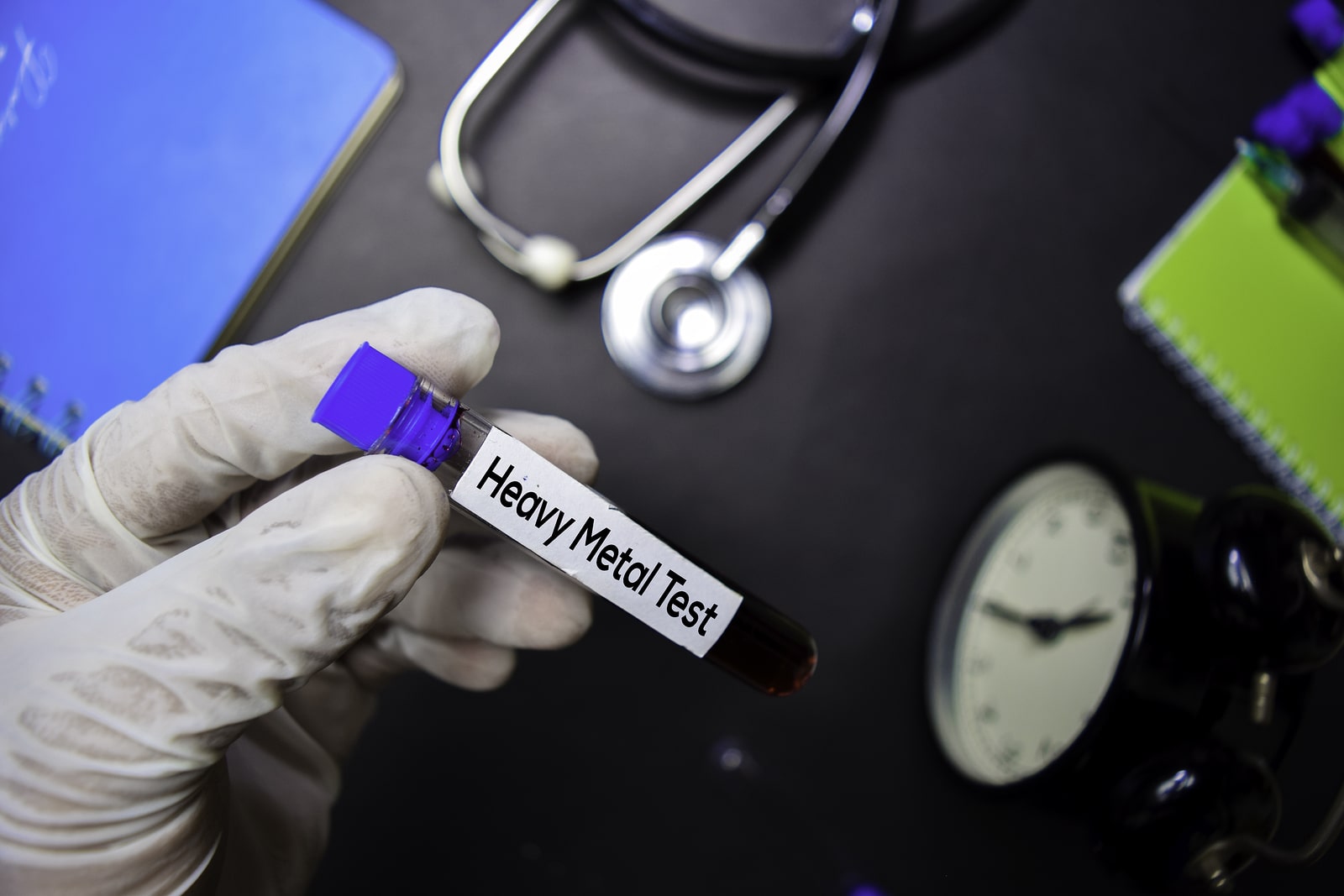Heart Damage Can Be Caused By Heavy Metal Toxicity
Posted by: Tampa Cardio
On: March 6, 2020

When it comes to toxins, many people tend to overlook heavy metals. Heavy metals are naturally occurring elements, some of which we normally have in our bodies. The problem becomes the levels at which they are being found when the capacity of the body is reached and exceeded they become toxic. This leads to what is known as heavy metal toxicity.
Heavy metals usually build up in the body over time. It is not generally a one-time exposure that causes an issue. Heavy metal toxicity can be hard to deal with because it often does not present with symptoms right away and you may have no idea that it is an issue for you.
Metals are a neurotoxin. When these metals introduced into the body it can trigger inflammatory responses.
Which Metals Are We Talking About?
- Lead
- Arsenic
- Aluminum
- Mercury
Though any heavy metals in excess can be damaging these are the most prevalent four.
According to the Agency for Toxic Substances and Disease Registry if you happen to have a metal allergy (many people do especially to nickel and copper) the risk is compounded.
Risk Factors for Heavy Metal Poisoning
The #1 risk factor for heavy metal poisoning is simply aging. This is due to time exposure in contact with pollutants in our environment. By the age of 30, you have a 12x higher risk thank you did as a kid or even into your 20’s. Surpassing that by the time you hit 40 your risk rate rises exorbitantly to a 30x greater chance. After age 50 it rises even higher.
Exposure Risk Factors Besides Age
- Drinking Alcohol in excess
- Glyphosate exposure
- Herbicides
- Pesticides
- Vaccinations
- Consuming seafood and fish
- Amalgam and alloy dental work
- Any dental work that contains metal (bridges, crowns, braces)
- Medical implants
- GMO Foods
- Aluminum cookware
- Having a copper IUD
- Using chemical household cleaning products
- Cigarettes
- Hair Dye
- Tattoo ink
- Tap water contamination
Professions that are at the highest risk for exposure at work
- Pesticide manufacturing plant workers
- Farmers who use chemical substances on their crops
- Welders
- Miners
- Painters
- Lithographers
- Auto Body Technicians
- Plumbers
- Refinery workers
- Hairdressers
- Photographers who work with film
- Construction workers
- Dentists and Dental Assistants
Metal exposure can affect any organ in the body. The biggest danger is that it can cause the heart muscle to sustain damage. Metals weaken the heart over time. Chronic ongoing exposure can cause an array of symptoms and conditions.
Here is what to look out for:
- Headache pain (eye area)
- Mood swings
- Feeling jittery as if you have consumed too many energy drinks
- Heart Palpitations when you have no real reason to be nervous
- Excess sweating
- Uneven sweating (one armpit more than the other)
- High blood pressure
- Chest pain
- Feeling extremely physically exhausted with regular activities
- Elevated heart rate with exercise way above what it should be for your age group
These symptoms and this diagnosis often go overlooked and can be misdiagnosed as stress or hormone imbalance. Your thyroid may also need to be tested if you turn up negative for metals. Many of the symptoms can overlap.
If you are experiencing these symptoms, please consult a cardiologist as soon as possible. Metal toxicity may be a consideration. If you are in the Tampa, Florida area please visit www.tampacardio.com or call 813-975-2800 and schedule your appointment today.
Posted by: Tampa Cardio
On: 06/03/2020
